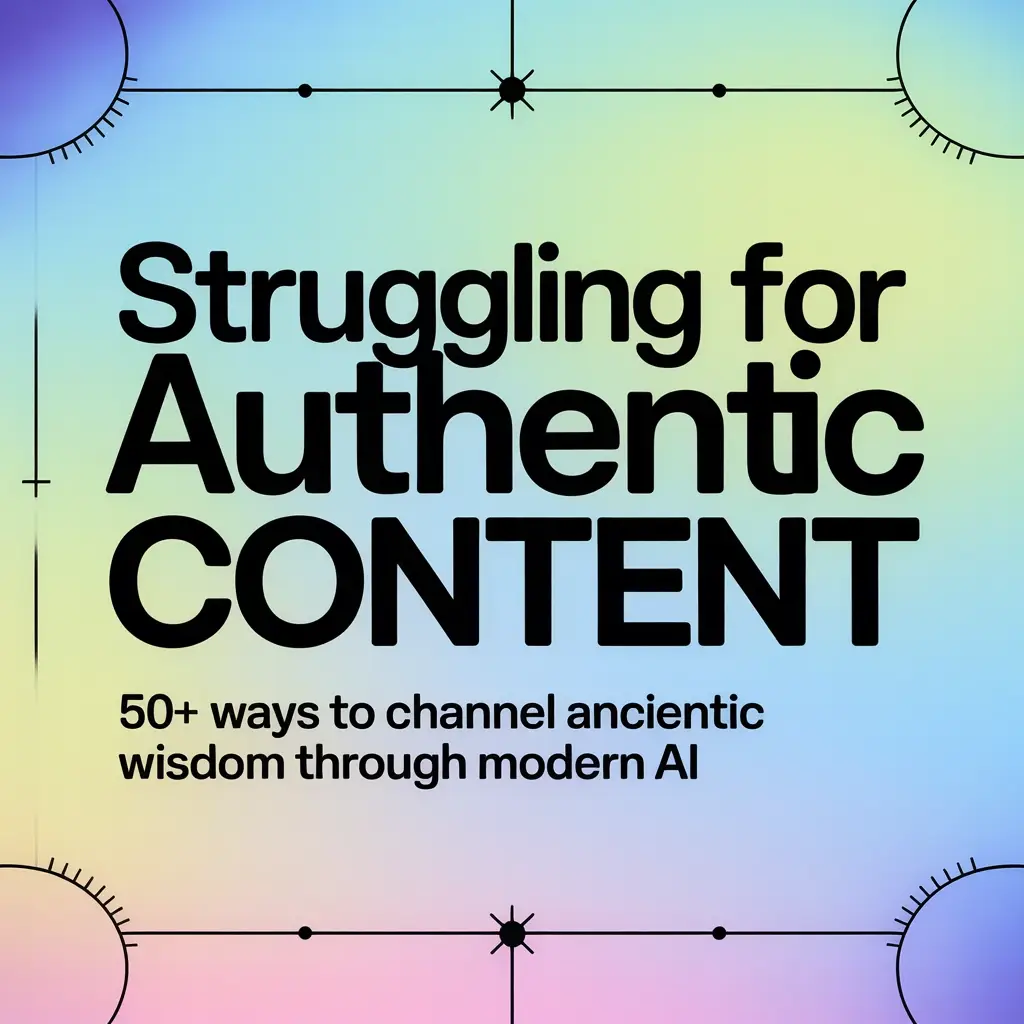Productivity hacking focuses on external optimization. Inner Development Goals address systemic transformation. The difference determines long-term outcomes.
What Inner Development Goals Actually Are
The Inner Development Goals represent a non-profit, open-source framework. The initiative emerged when less than 20% of UN Sustainable Development Goals showed progress on track. External solutions proved inadequate without corresponding inner capacity development.
The framework contains five dimensions with 23 specific skills:
Being covers self-awareness and presence. Skills include inner compass, integrity, openness, and self-compassion.
Thinking addresses cognitive skills for complexity. This includes critical thinking, perspective-taking, and systems awareness.
Relating focuses on social connection. Components are appreciation, connectedness, and humility.
Collaborating builds group effectiveness. Skills cover communication, inclusive mindset, and co-creation abilities.
Acting transforms insight into results. This dimension includes courage, creativity, and perseverance.

The Productivity Hacking Limitation
Productivity techniques optimize existing patterns. Time management, task batching, and efficiency tools treat symptoms rather than causes. The approach assumes human performance functions mechanically.
Common productivity methods include:
- Time blocking systems
- Task prioritization frameworks
- Automation tools
- Distraction elimination techniques
- Energy management protocols
These methods address surface-level inefficiencies. They do not examine whether the work itself creates meaningful outcomes. The fundamental question remains unasked: Does this activity serve larger purposes?
Inner conflict drives productivity issues. External systems cannot resolve internal misalignment between values and actions. Efficiency improvements become temporary without addressing underlying motivational structures.
Systemic Impact Versus Individual Optimization
IDGs target collective challenges requiring coordinated responses. Climate change, social inequality, and technological disruption demand different human capacities than task completion speed.
The framework recognizes interconnected global systems. Individual productivity gains do not translate to systemic problem-solving abilities. Complex challenges require collaborative thinking, empathetic relating, and long-term perspective-taking.

Nordic societal models influenced IDG development. These cultures prioritize personal development for broader social transformation. The approach integrates individual growth with collective benefit rather than treating them separately.
Current global challenges exceed individual capacity limits. No single person can solve climate change through better time management. Solutions require coordinated action across diverse stakeholders with different values and competencies.
Skills for Complex Problem-Solving
IDG skills prepare individuals for uncertainty and complexity. Traditional productivity methods assume predictable environments with clear metrics and defined outcomes.
Systems thinking enables understanding interconnections between seemingly separate issues. This skill surpasses task organization by recognizing how actions create ripple effects across complex networks.
Perspective-taking allows consideration of multiple viewpoints simultaneously. Productivity hacking typically maintains single-perspective efficiency rather than expanding cognitive flexibility.
Inclusive mindset builds capacity to collaborate across differences. This skill addresses problems requiring diverse expertise and cultural perspectives.
Co-creation develops abilities to generate solutions collectively rather than individually. Complex challenges often require distributed intelligence and shared ownership of outcomes.

Addressing Root Causes Instead of Symptoms
Productivity issues often stem from misaligned priorities or unclear purpose. Optimization techniques may increase output while accelerating movement in wrong directions.
IDG skills like inner compass help identify authentic values and motivations. This foundational work precedes efficiency improvements by ensuring efforts align with meaningful goals.
Self-compassion addresses perfectionism and burnout patterns that productivity systems often intensify. The skill creates sustainable approaches to work and achievement.
Openness and learning mindset enable adaptation when circumstances change. Rigid productivity systems can become obstacles when flexibility becomes necessary.
Long-term Transformation Versus Quick Fixes
Productivity hacking promises immediate results through specific techniques. IDGs require sustained development over time with gradual capability building.
The IDG approach acknowledges that meaningful change occurs slowly. Skills like perseverance and optimism support long-term commitment to challenging goals rather than seeking rapid efficiency gains.
Courage enables action despite uncertainty or resistance. This capacity proves essential when addressing systemic issues that lack clear solutions or face institutional opposition.

Practical Implementation Differences
Productivity systems focus on individual behavior modification. IDGs emphasize relationship-building and collaborative capacity development.
Common IDG practices include:
- Regular self-reflection and values clarification
- Perspective-taking exercises with diverse viewpoints
- Collaborative problem-solving sessions
- Systems mapping and interconnection analysis
- Empathy-building and active listening practice
These practices develop different capacities than productivity techniques. The goal shifts from personal efficiency to collective effectiveness.
Measuring Success Differently
Productivity metrics track output quantities and time efficiency. IDG outcomes include relationship quality, collaborative effectiveness, and systems impact.
Traditional measures like tasks completed or hours saved become secondary to questions like: How well did we include diverse perspectives? Did our solution address root causes? Can this approach scale across different contexts?
The measurement challenge reflects deeper philosophical differences. Productivity assumes quantifiable optimization. IDGs recognize qualitative dimensions that resist simple metrics but determine long-term sustainability.

Integration Rather Than Replacement
IDGs do not eliminate the need for effective work practices. The framework provides context for when and how productivity techniques serve larger purposes.
Acting dimension skills include practical abilities like planning and organization. These overlap with productivity methods but within a broader framework of values and purpose alignment.
The integration approach asks: How do efficiency improvements serve meaningful goals? When do optimization efforts distract from important work? What productivity methods support collaborative rather than competitive outcomes?
Future-Oriented Development
Productivity hacking addresses current inefficiencies. IDGs prepare individuals for unknown future challenges requiring different capabilities.
The framework anticipates scenarios where traditional productivity advantages become irrelevant. Automation may handle routine optimization while human value lies in areas like empathy, creativity, and systems thinking.
IDG skills remain relevant across changing technological and social contexts. The abilities to relate authentically, think systemically, and collaborate effectively transcend specific tools or techniques.
Inner Development Goals matter more than productivity hacking because they address the human capacities needed for collective challenges that individual efficiency cannot solve. The framework builds foundation skills for sustainable transformation rather than optimizing existing patterns that may not serve long-term wellbeing.



